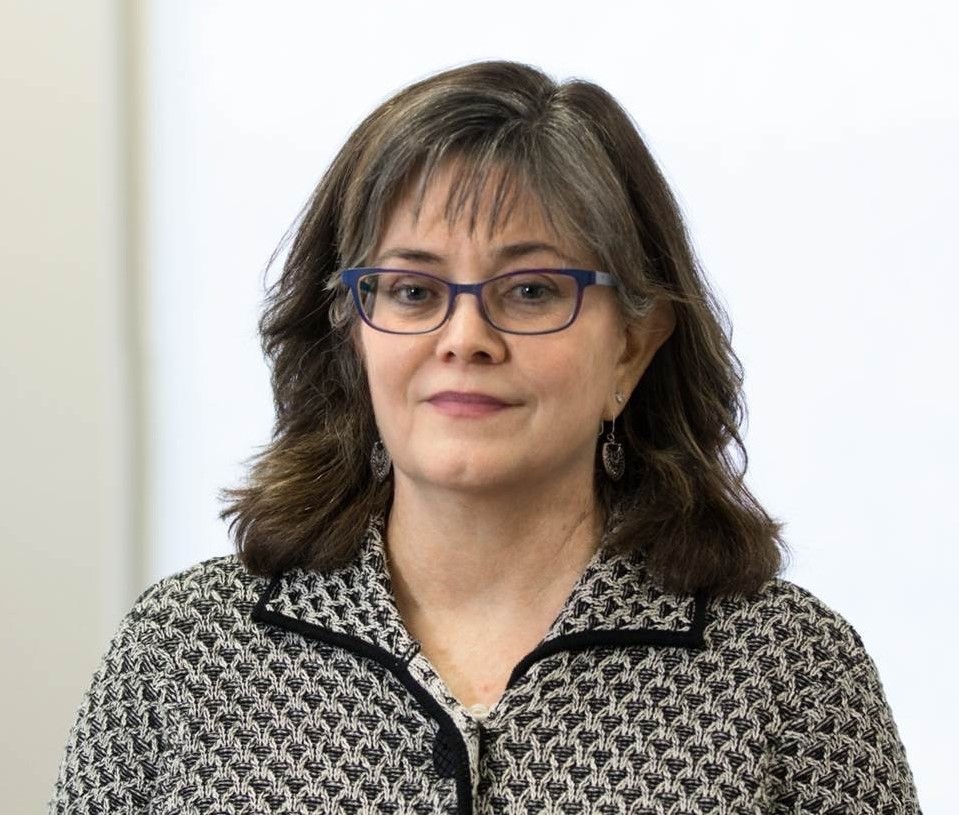As part of our Sponsor Spotlight series, we asked Susan Rochford with Legrand about her experience in the industry and what she sees for the future of the built environment. Here’s what she shared.
Q: In sponsoring the 2021 Getting to Zero Forum, Legrand is further demonstrating a commitment to getting to zero. Why is getting to zero important to Legrand and the buildings industry at large?
the buildings industry at large?
A: Given the substantial carbon footprint of the building sector, getting as much of the existing and future building stock to zero energy or carbon status is essential if we are to stay within the Paris Agreement target of limiting global warming to 1.5 degrees Celsius compared to pre-industrial levels. Legrand recently joined 300+ businesses in sending an open letter to President Biden expressing support for the US to increase its carbon emissions targets by at least 50% by 2030, and to achieve net zero emissions no later than 2050. We are on this path ourselves as we have pledged to achieve carbon neutrality across our company by the end of 2022 and to reduce our global carbon emissions by 75% by 2050. We recently accelerated our Science Based Targets initiative (SBTi) commitment to achieve a 50% reduction in our Scope 1 & 2 emissions by 2030, and a 15% reduction in Scope 3 by that same time.
We consider education and outreach about the climate challenge to be part of our corporate social responsibility so we see the GTZ Forum as a great vehicle to reach many stakeholders of the building community.
Q: How did you get into the buildings industry and what challenges or successes motivate you to continue your work?
A: I had not set out to enter the buildings industry, per se, when I began my career, but that effectively happened in my first corporate position at Honeywell. But my focus then was on international trade and investment. I have been in and out of the business world in my career, serving in government, as well as holding leadership positions in a national association, a global standards and certification organization, and an NGO. When I joined Legrand in 2010, I reentered the buildings industry, but this time with a sustainability focus. I know how influential business can be in driving change, so it’s very motivating to be part of an organization that is sincerely committed to continuously improving its own sustainability performance, while helping customers do the same.
Q: What do you think is next for the built environment and the buildings industry?
A: I can sum this up in just a few words – embodied carbon and data-driven decision making. Up to this point, when we’ve talked about net zero, it’s been largely around a building’s operational efficiency. But buildings today have become quite efficient. Going forward, the focus will be on the embodied carbon of the products and systems installed in those buildings. The built environment accounts for roughly 40% of global carbon emissions with 28% coming from building operations and 11% from embodied carbon of building materials. Over the next 10 years, it is expected that embodied carbon will outpace operational carbon in terms of overall contribution to the whole building impact on the planet.
Then, there is data. The digitalization of buildings is creating massive amounts of information that building owners, facility managers, and occupants can analyze to optimally allocate resources, minimize expenses, and improve productivity. Automation of this data, machine learning, and remote access via mobile devices expands opportunities to do this even more effectively. Getting to Zero is possible but it requires installing the right backbone – in the form of a robust building control system – that can harness many forms of data to achieve better energy management. In the future, we will certainly rely on machine learning and artificial intelligence to enable the building itself to make its own real-time decisions about how to operate more efficiently as well as to be a good citizen of the grid. And although the focus typically tends to be on new construction, we see a lot of opportunity in the retrofitting of existing buildings.
Q: What is giving you hope right now?
A: Several things give me hope. Like Legrand, hundreds of multi-national companies have signed up for ambitious carbon emissions reductions over the next decade with the ultimate goal of achieving global net zero by the middle of the century. Governments across the world now see great potential for innovation, job creation, and economic growth by investing in clean technologies and creating the enabling conditions for private-sector action to address the climate challenge. In the US, with the great help of NBI and other NGOs, we see the adoption of building code changes such as Title 24 California Buildings Standards Code that requires home builders to install solar photovoltaic systems on all new homes, making California the first state in the nation to do so.
